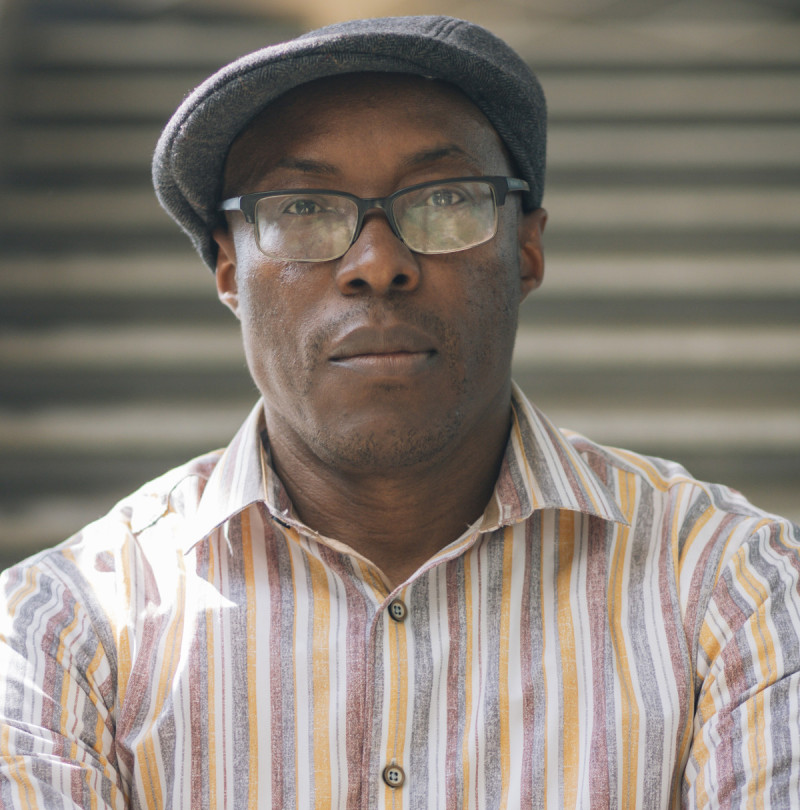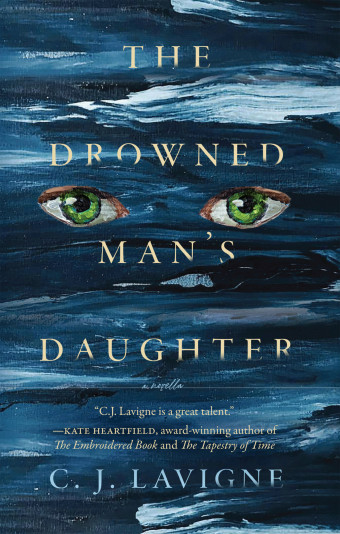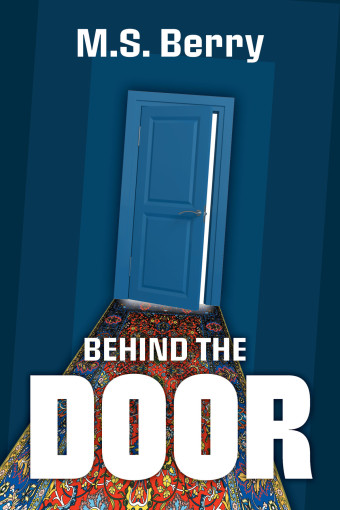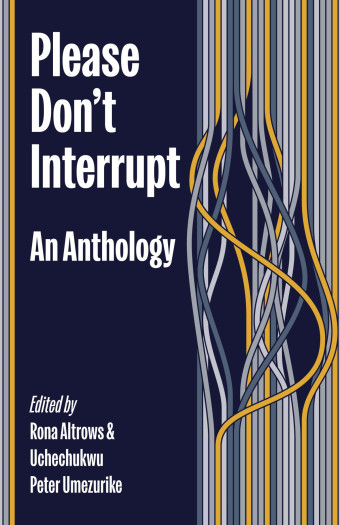Double Wahala, Double Trouble, Nigerian author Uchechukwu Peter Umezurike’s new short fiction collection of 11 urgent and thought-provoking tales set in his homeland, is being published by Griots Lounge, a relatively new press based in Winnipeg.
Umezurike is an assistant professor of English, a Vanier scholar, and a PhD candidate at the University of Alberta where he has also won several creative writing awards. He has previously published award-winning poetry, short stories, and a children’s novel in Nigeria.

- Double Wahala, Double Trouble
- Uchechukwu Peter Umezurike
- Griots Lounge Publishing Canada
- $22.99 Paperback, 220 pages
- ISBN: 978-17-77688-40-0
Double wahala means “double trouble” in Nigerian Pidgin. The title is appropriate because of the great deal of trouble in which his characters invariably find themselves. As Umezurike says, “Throughout the collection, I wanted to show the ways that wahala (trouble) persists and haunts our everyday life.”
Umezurike regards love and its manifestations as the central theme of the collection. “My book touches upon love or how it is defined, expressed, or even perverted – love for the family, the flesh, or land or money. Love in innocuous and insidious ways,” he says.
“Accordingly, the stories reflect similar themes of infidelity, betrayal, mental health, violence, greed, and destitution.”
In “Flesh of My Flesh,” a woman takes revenge on her lover’s unfaithfulness, but also asserts her own loyalty, in a gruesome way. In “Bat,” a man tries to teach his teenage son a lesson about masculinity through violence. The story “Neighbours” tells of an artist who is hired to paint a portrait of his male neighbour, only to receive an unusual request from the man’s wife.
What interests Umezurike about the characters in his collection is their insistence on living, despite all odds. He hopes readers will recognize how messy yet interesting people’s entanglements with each other are.
Several stories allude to the influence of the oil industry. The longest piece, told in the chilling voice of a teenage boy, conveys grim details that lurk in his mind about the far-reaching impact of fires involving “black gold.”

This serious aspect of the collection struck Umezurike as the most challenging. The dilemma was how to lace the stories with humour so they wouldn’t come off as too pessimistic in tone, while still making the collection pulsate in a visceral way. “Because I was writing about some facets of human suffering, I didn’t want the stories to verge too much on bleakness,” he says.
While he believes that anyone who likes a good story should enjoy reading the stories in his collection, they may particularly resonate with a certain audience. According to Umezurike, the population of continental Africans living in Canada is growing.
In fact, his conversations with diasporic Africans here in Canada indicate that some long for narratives about home, stories reconnecting them to their countries of origin. There are plans to have the collection published in Nigeria as well.
Wherever readers live, they will find themselves immersed in the lives of these characters on the edge.
“I’ve always been drawn to experiences of marginality and precarity,” Umerzurike says, “so I wanted to capture stories dealing with such issues.”













